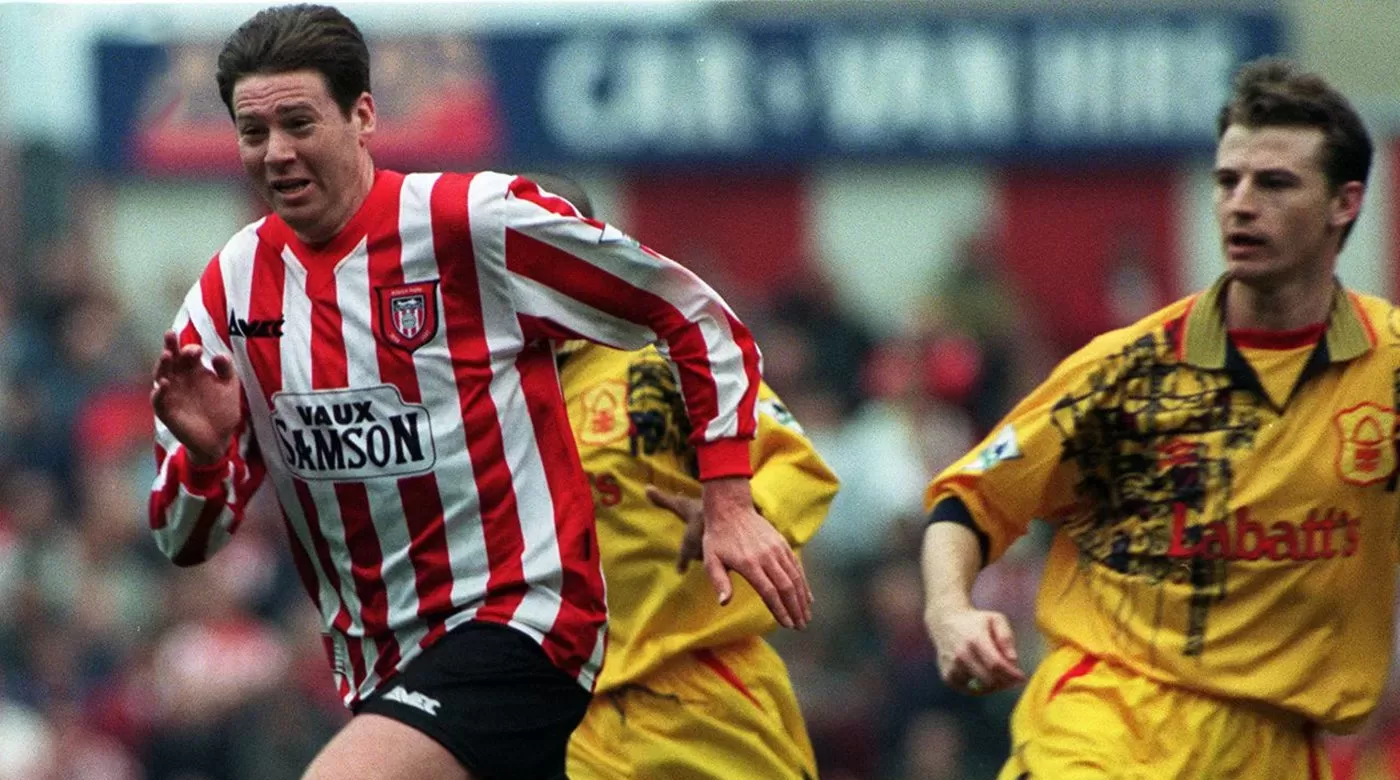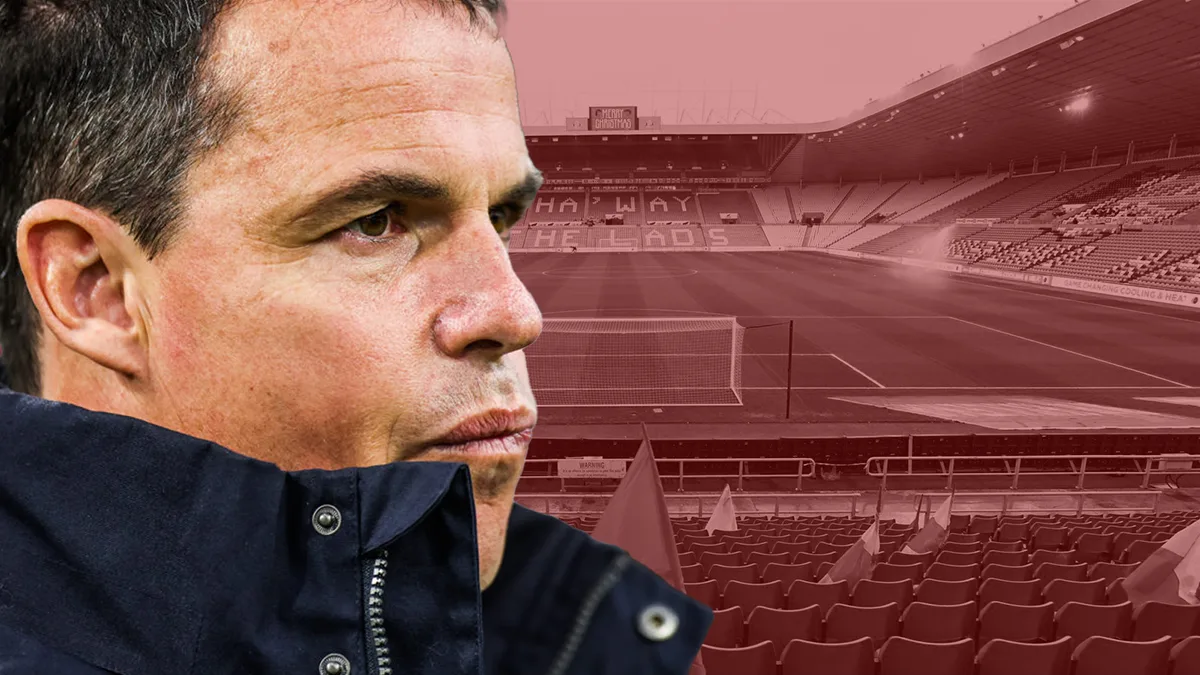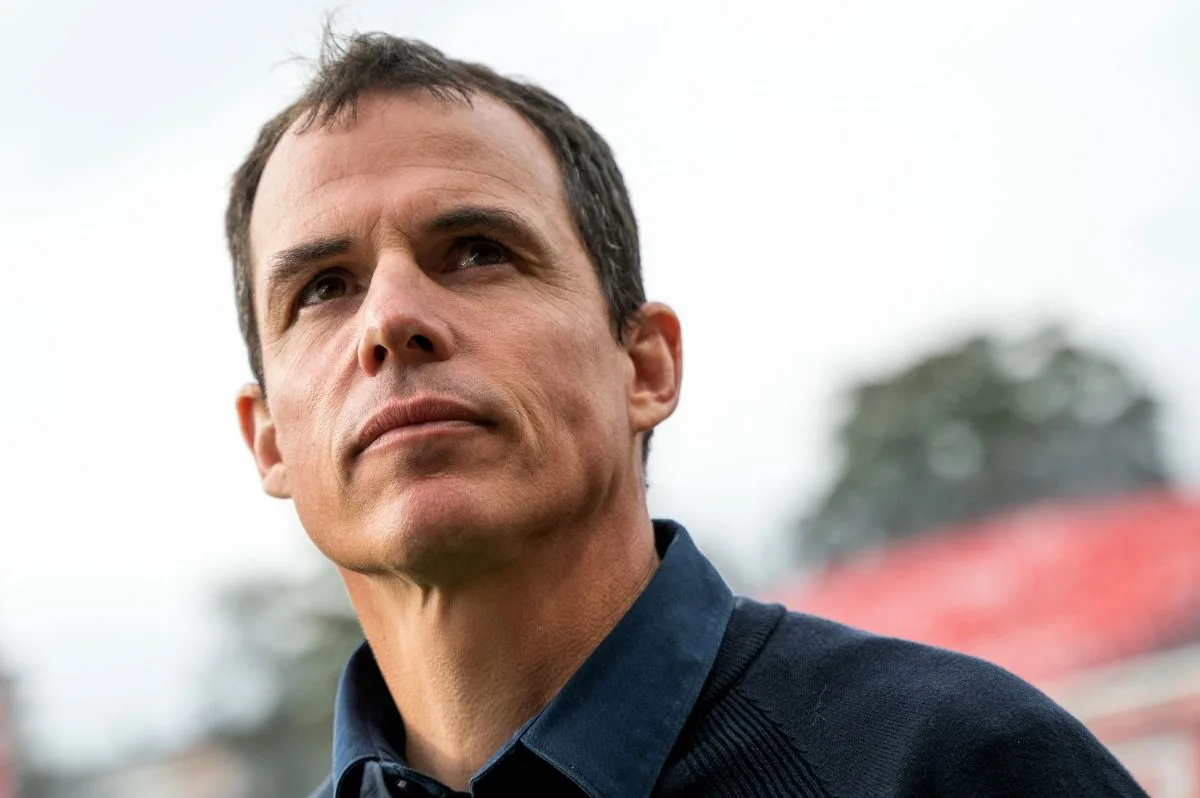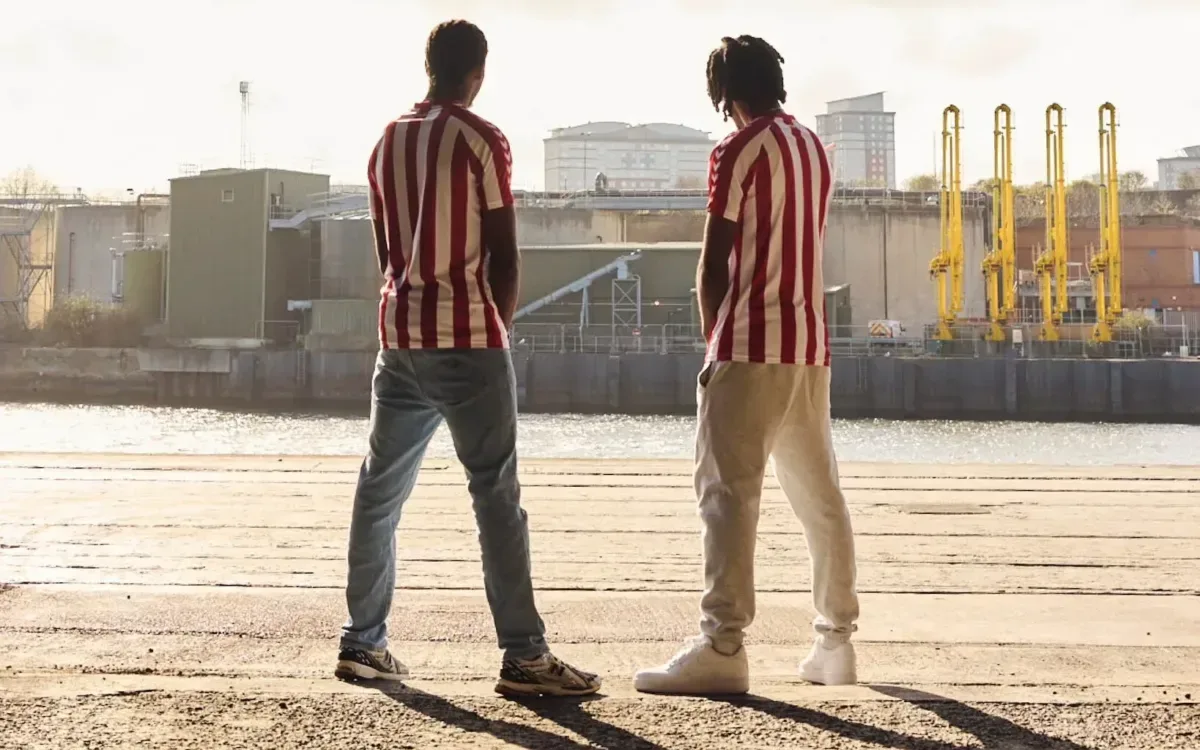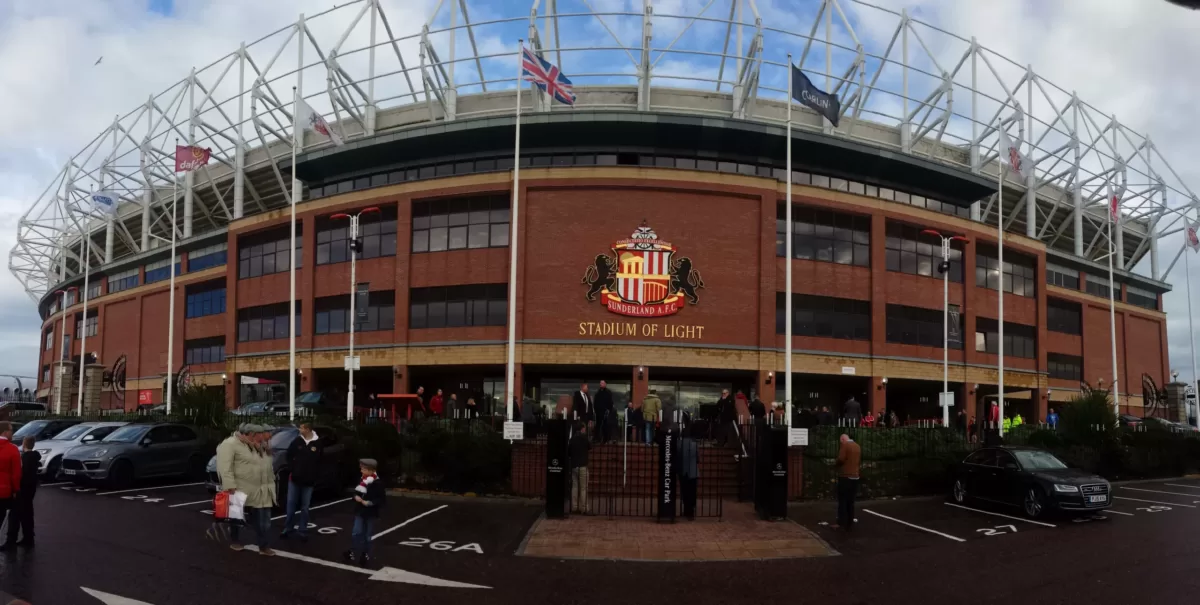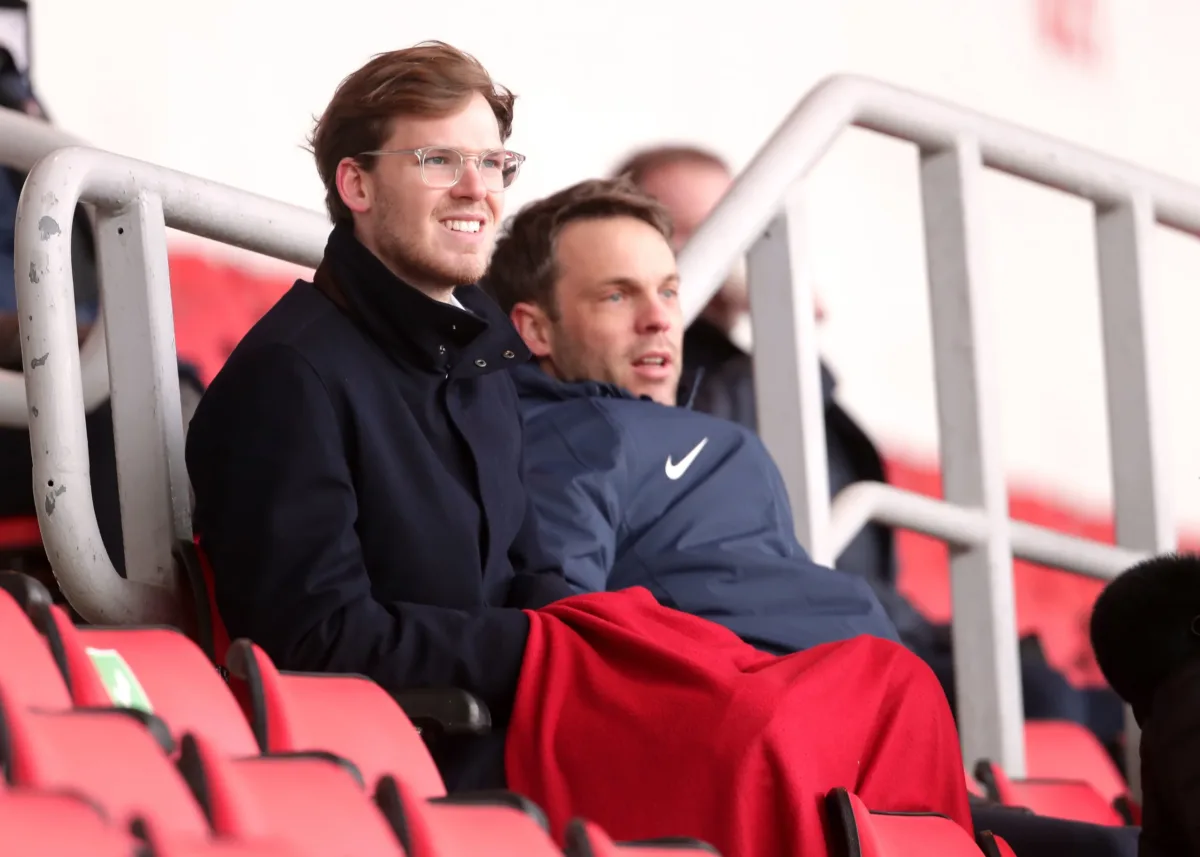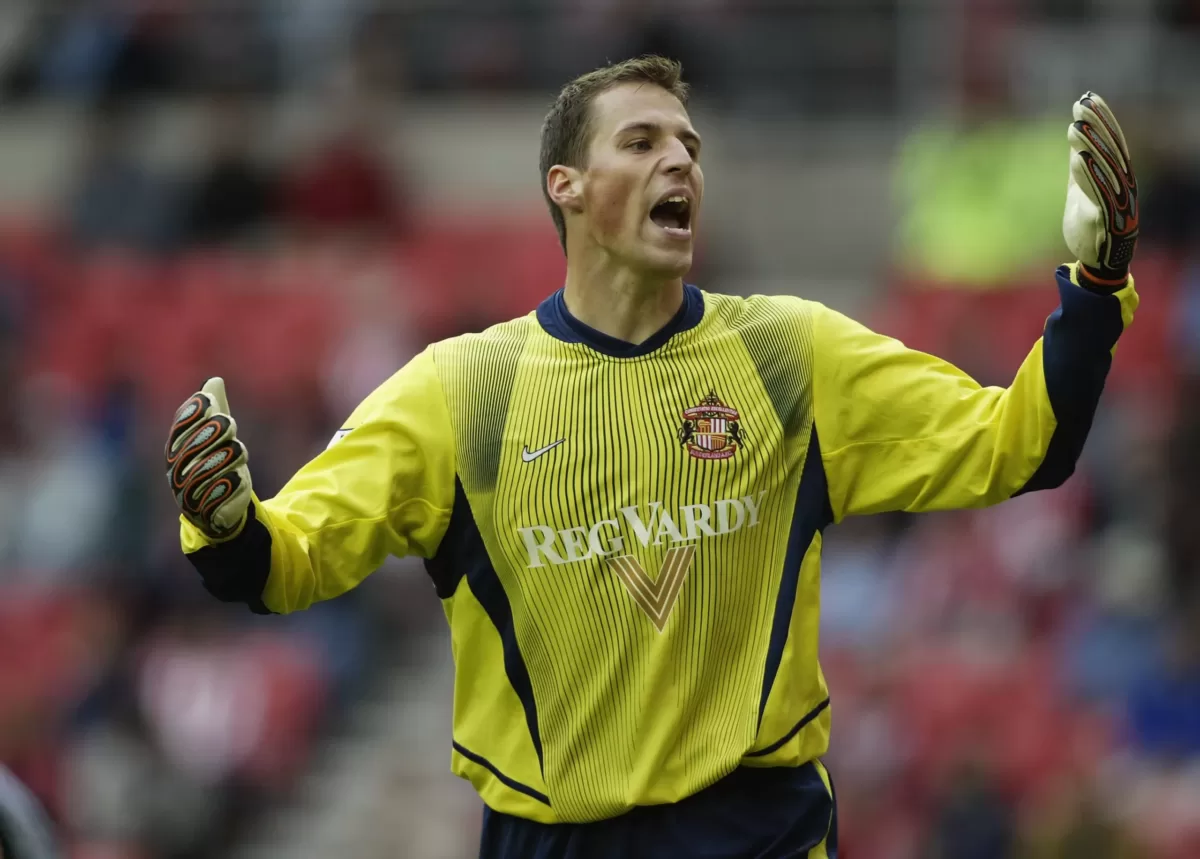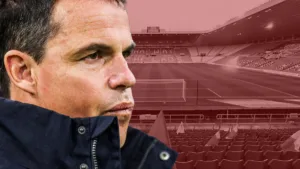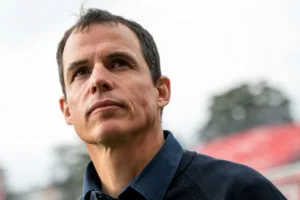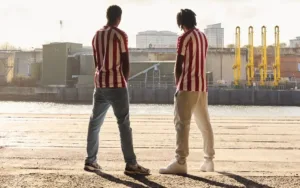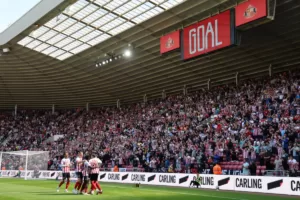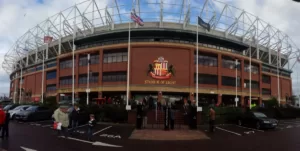Losing games isn’t anywhere near as fun as winning three on the bounce, but if there’s one thing we can take comfort in, it’s that we’re a million miles away from the levels of basket case that this Friday’s opponents currently find themselves in.
Sheffield Wednesday got promoted via the play-offs after winning an obscene number of points and overturning an outrageous semi-final defeat, so their chairman promised to finally sort himself out, stop being a divvy and get the Owls pushing for a return to the Premier League.
Naturally, they have since seen their popular manager Darren Moore walk out, and fans’ favourite Marvin Johnson has been omitted from the squad, with nice-man-but-not-very-talented-manager Xisco Munoz overseeing a start that has seen them take two points from eight games. Oh dear.
The current crop of Wednesday’s squad features two familiar faces to Sunderland fans, in Reece James and (brace yourselves) Ashley Fletcher on yet another attempt at making a break for himself in the Championship.
So rather than focus on the depressing reality of the current Barry Bannan All-Stars squad, we’ll turn our attention to a superstar of years gone by who donned the shirts of these two famous clubs.
CHRIS WADDLE
Felling-born Waddle first appeared on the footballing radar after catching the eye for Tow Law Town at the end of the 70s, earning himself a move to Newcastle in July 1980, having completed unsuccessful trials with Coventry and Sunderland. Waddle tore up the old Second Division in a Newcastle attack that saw him lining up next to Kevin Keegan and Peter Beardsley, winning promotion in 1984.
Waddle’s antics in a black and white shirt caught the attention of Tottenham, so in summer 1985, having made almost 200 appearances for one of his many boyhood clubs, the midfielder headed to North London.
Scoring a brace on his debut against Watford again set the tone for Waddle’s individual talents at his new club, but unfortunately, Spurs were still being just as Spursy 40 years ago as they are now, and an FA Cup runners-up medal was the only honour the club won in Waddle’s four years in the capital.
He did, however, make himself a mainstay of the England team during this time, having made his international debut just month prior to leaving Tyneside in 1985. He would be a regular until his final cap in 1991, a stint which would fatefully include his penalty miss in the 1990 World Cup semi-final defeat to West Germany.
After four years of being far too good for Tottenham, Waddle made a surprise move abroad in summer 1989, joining Marseille for £4.5m, which put him as the third most expensive footballer at the time. It was in France that Waddle finally got his hands on a trophy, winning Ligue 1 in each of his first three seasons, and narrowly losing the European Cup final in 1991 on penalties.
Waddle’s time on the continent came to an end in July 1992 when Sheffield Wednesday, bolstered by the money available in the wake of the inaugural Premier League season, splashed out £1m for the 31 year old. Again, Waddle’s impact was instant, dragging the Owls to both the FA Cup and League Cup finals in the first season, although they’d ultimately lose both, he was also named the Football Writers’ Association Footballer of the Year at the end of that same season.
Unfortunately for Waddle, his hunt for domestic silverware evaded him fully at Wednesday, and as injuries started to take a toll on him in his latter days at Hillsborough, he found himself on the fringe of David Pleat’s squad, and was ultimately allowed to leave on a free at the end of his contract in summer 1996.
Then at the age of 35, Waddle headed north of the border for a brief stay at Falkirk (four appearances, one goal), before returning to Yorkshire with Bradford City. The Bantams were struck in a relegation battle at the time, but Waddle’s contributions, including scoring directly from a corner against Huddersfield Town saw them stagger toward safety.
Waddle wouldn’t see the season out with Bradford, however, as in March of 1997, the other of his boyhood clubs (the proper one) came calling, as Sunderland paid £75k for his services, in a bid to avoid relegation from the Premier League. Although his time on Wearside was brief, and ultimately unsuccessful (Sunderland were relegated on the final day, with 40 points), ask anyone old enough to have witnessed any of his seven appearances for the club and they’ll all tell you the same; he was a pleasure to watch and still had the magic in his boots despite ticking past his 36th birthday.
Although the club’s bid for survival failed, Waddle more than did his part, assisting all but one of the goals Sunderland scored since his arrival (a ridiculous total of six), and the one he didn’t set up, he scored; a free kick in a 3-0 win at home to Everton, the final league game held at Roker Park. Sunderland fans can only dream of what might have been, had we signed him after his trial way back when.
Following Sunderland’s relegation, Waddle moved on to take up the player-manager role at Burnley, but his time at Turf Moor was far from a success, barely surviving relegation at the end of his sole season in charge.
He moved on again to Torquay United in September 1998, but only made seven appearances before making a return to Sheff Wed as a coach. His return to the Owls was a disappointing one however, as the club had just embarked on their decades long masterclass of mismanagement (still apparent now), and he left again in June 2000 owing to the financial ruin of Premier League relegation.
A tour of non-league clubs followed, as despite entering his 40s, Waddle was still an excellent player, albeit one that just couldn’t move any more. Stints at Worksop Town, Glapwell and Stocksbridge Park Steels (no idea) brought a close to Waddle’s incredible career, with the exception of a remarkable return (and single appearance) for Hallam in the tenth tier, in 2013, at the age of 52.
In terms of trophies, Waddle’s career sadly didn’t bring him what his talent deserved, with the exception of his time at Marseille (where he was named their second greatest player of the century), but he was universally loved by fans of each of the clubs where he was granted enough time to make an impact.
One of the most gifted footballers England has ever produced, if only he could pronounce “penalty” or we could all forget about Diamond Lights.
| Joined | Left | League Apps | League Goals | |
| Sunderland | 1997 | 1997 | 7 | 1 |
| Sheff Wed | 1992 | 1996 | 109 | 10 |

